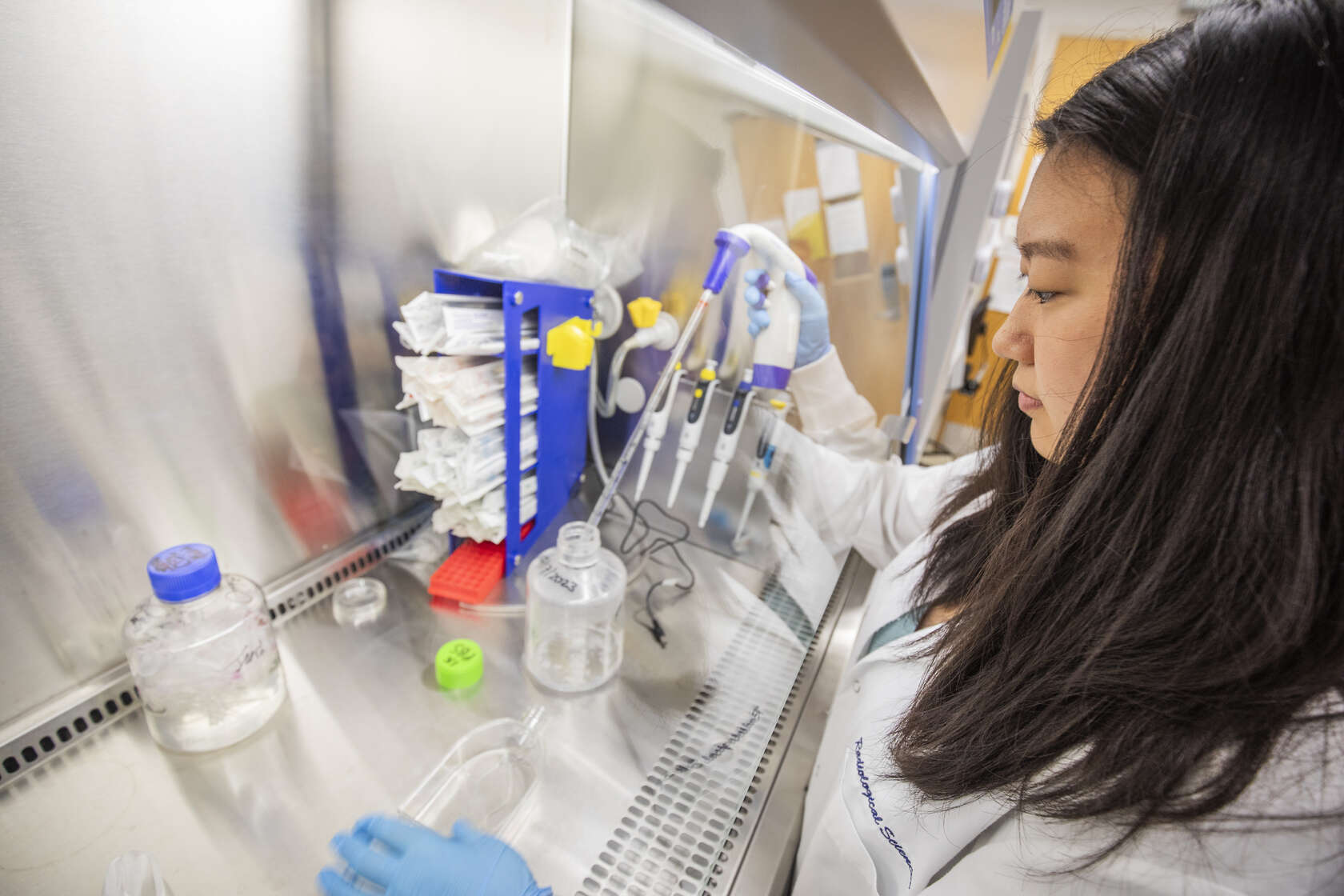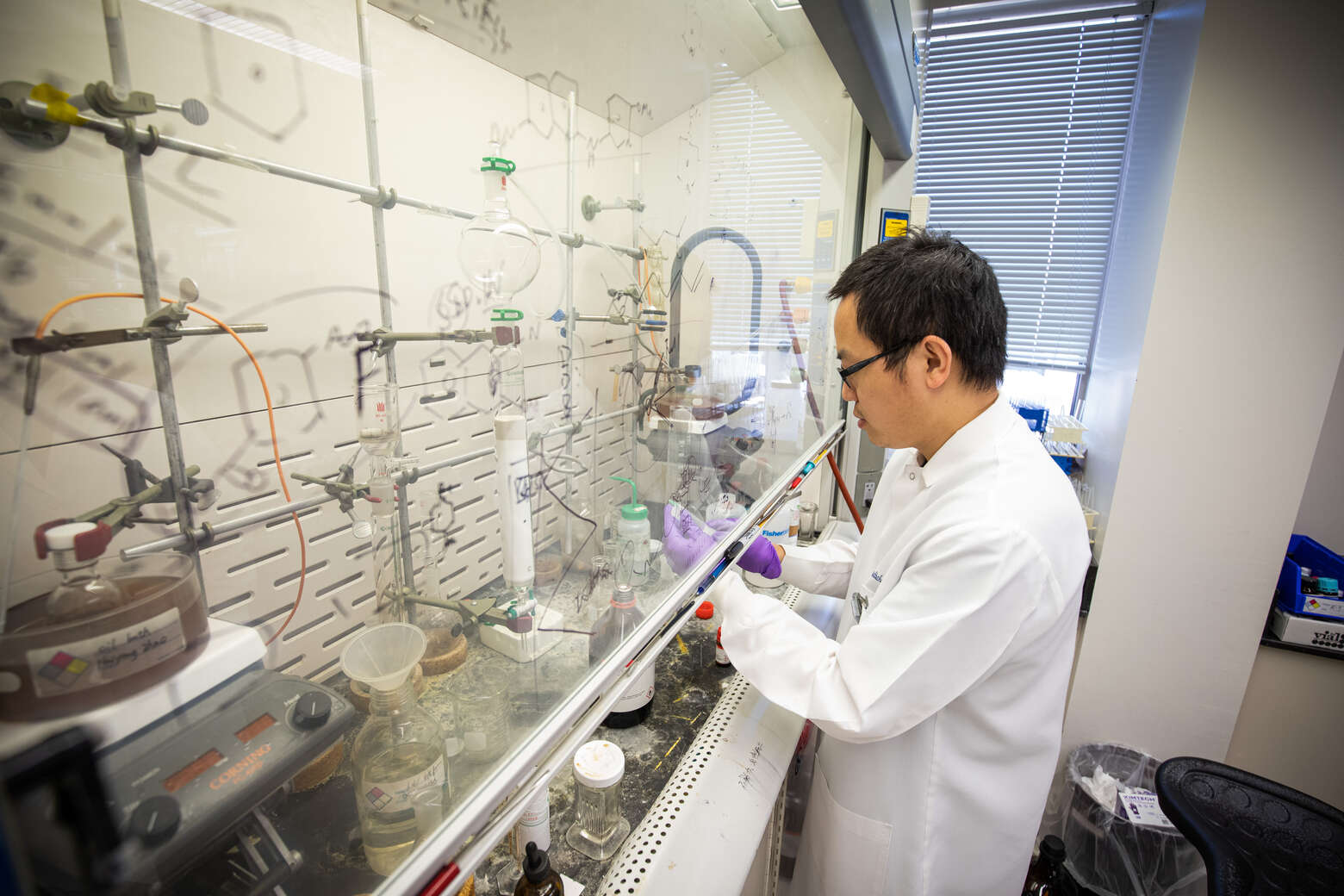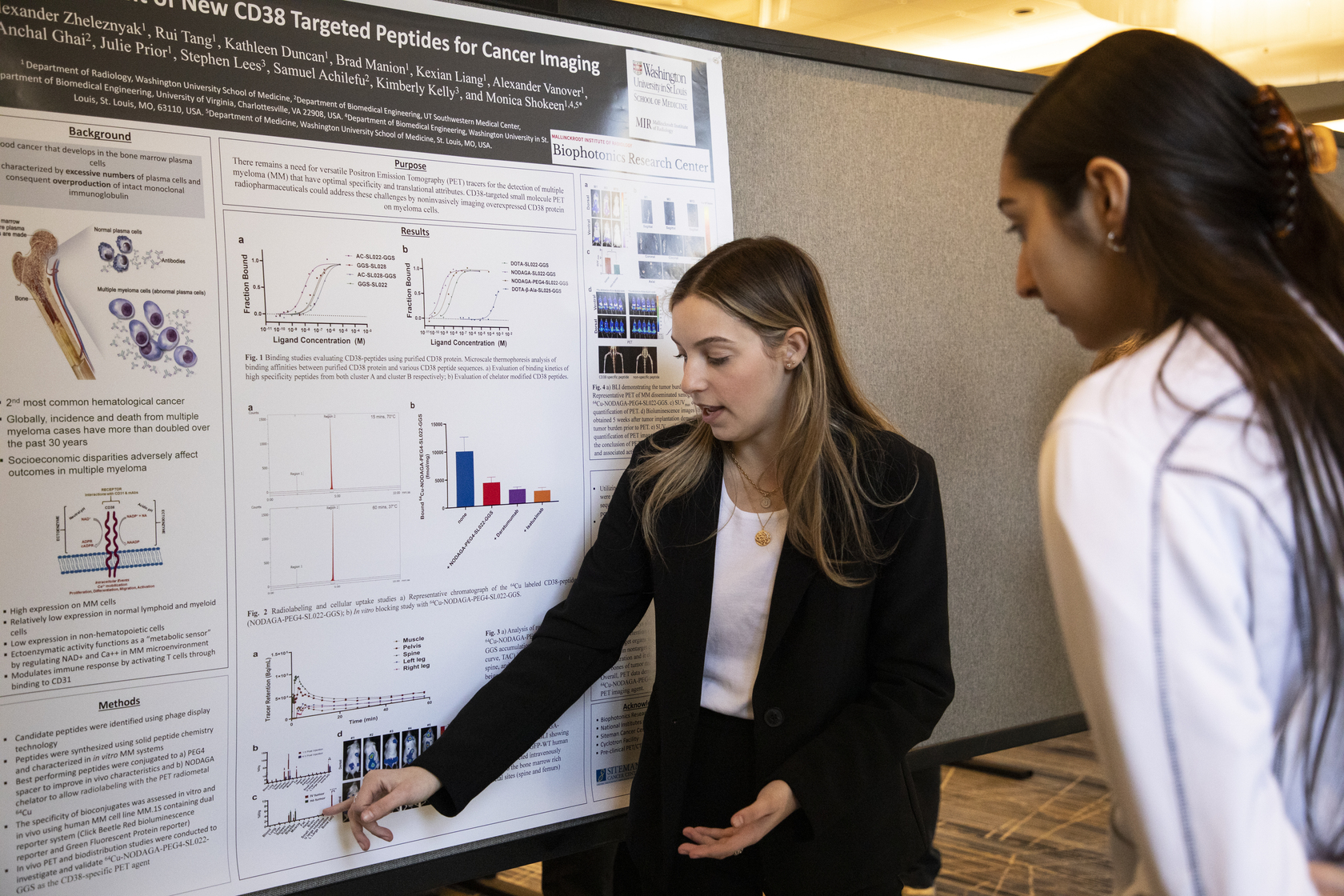Bijsterbosch Receives R01 Grant to Study Late-Life Depression Brain Biomarkers

Janine D. Bijsterbosch, PhD, assistant professor of radiology, has received a $477,943 R01 grant from the National Institute of Mental Health to study depression heterogeneity, risk and resilience using computational models.
About one in 10 people aged 60 and over experience depression, which puts them at higher risk for other health problems such as diabetes and stroke. These cases of late-life depression are linked to broader adverse health outcomes such as stroke and dementia. The aim of the project, “Individualized brain biomarkers of late-life depression: contributions to heterogeneity and resilience,” is to move the field closer to fully understanding late-life depression heterogeneity by combining theory-driven subject groups with data-driven population prediction models. Gaining a better understanding of late-life depression heterogeneity may inform improved strategies to treat and prevent it, which could positively influence broader health outcomes in older age.
Bijsterbosch and members of the Personomics Lab in the Computational Imaging Research Center will identify environmental and psychological stress factors to explain why some older people are more vulnerable or resilient to depression than others, such as depression symptoms, severity, age of first depressive episode and the number of depression episodes experienced.





